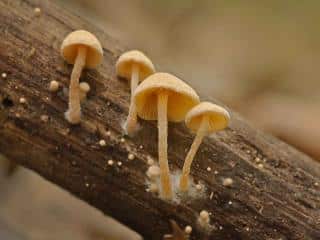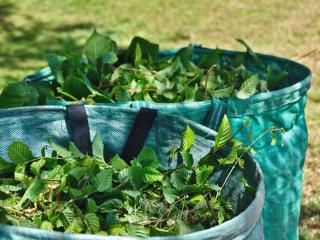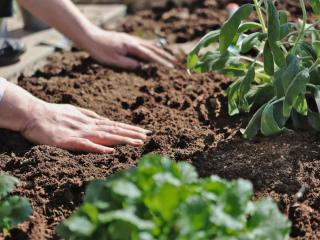

What is compost? Fashion blip or true eco-friendly solution for your plants and garden?
Compost is without a doubt the answer to the trending quest for organic produce and for environment-conscious solutions in general. It also stands as a tried and true alternative to chemical fertilizers and products.
But what is compost truly for?
 Compost is produced by breaking down organic matter in a relatively dry environment. Micro-organisms of all sorts convert decaying matter into nutrient-rich soil.
Compost is produced by breaking down organic matter in a relatively dry environment. Micro-organisms of all sorts convert decaying matter into nutrient-rich soil.
At play are a host of fungi, bacteria, and insects tiny and large.
Thanks to the breaking down of our own organic waste, we are now able to produce organic fertilizer that is on par with the best alternatives to feed and heal our plants.
Composting needs moisture, but it also needs air, as opposed to fermenting which needs more water. (as is done for weeds occasionally).
 Now mainstream and mandatory in most cities, waste segregation helped us to sort out our trash based on where they came from and where they will go next.
Now mainstream and mandatory in most cities, waste segregation helped us to sort out our trash based on where they came from and where they will go next.
It thus became very simple to segregate plant and animal waste to produce our very own compost. Moreover, in some regions and countries, it’s now an obligation to do so: it reduces the load on waste management.
 Making your compost is an eco-friendly practice that makes the lives of our plants better and reduces domestic waste.
Making your compost is an eco-friendly practice that makes the lives of our plants better and reduces domestic waste.
But it is also a substantial source of savings because compost very easily and effectively replaces fertilizers, some of which are downright expensive when purchased on the market.